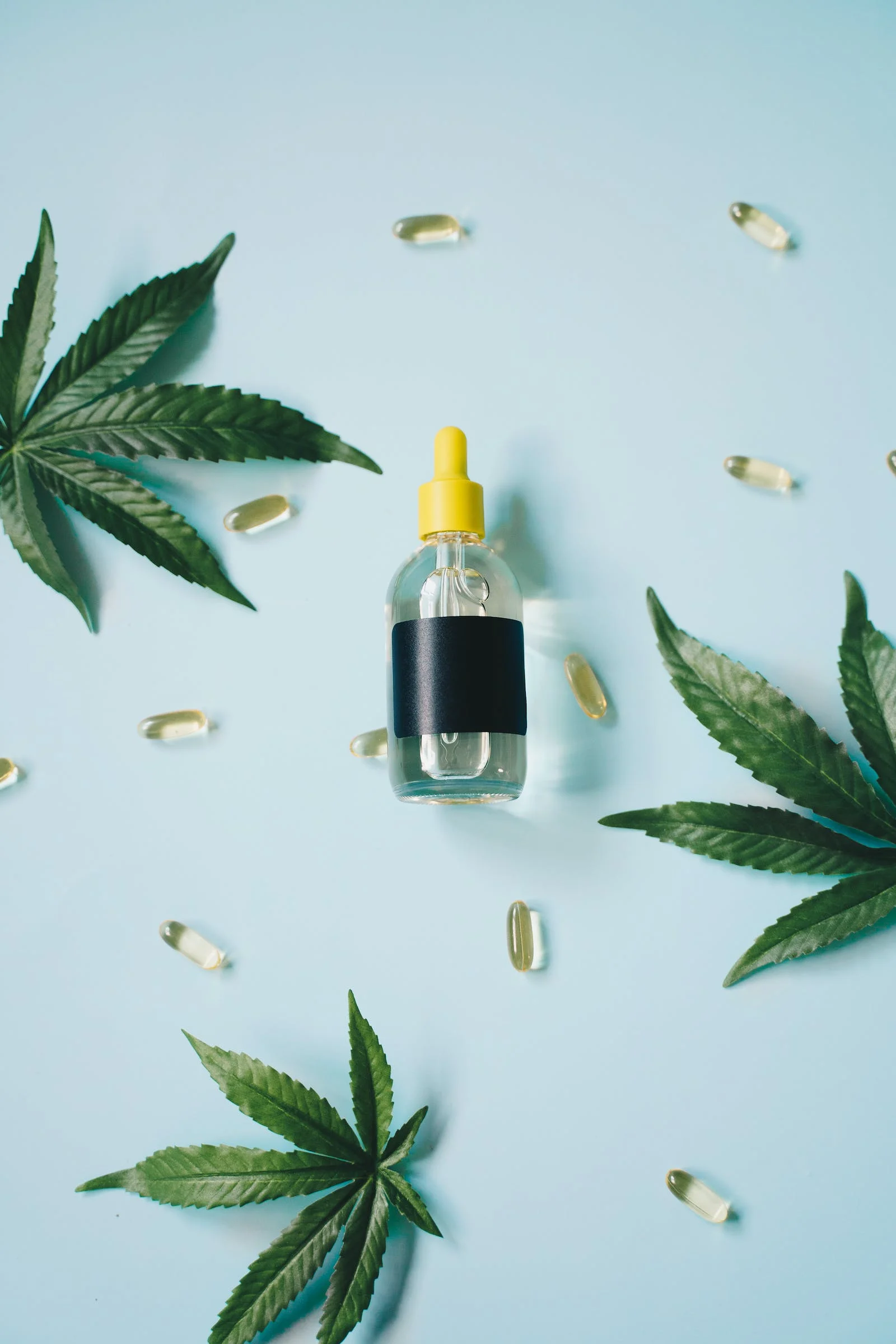Cannabis intoxication is a condition that occurs when an individual consumes cannabis and experiences a range of physical and psychological effects. The severity and duration of cannabis intoxication can vary widely depending on factors such as the amount and potency of cannabis consumed, individual differences in metabolism and sensitivity to cannabis, and the method of consumption.
One common effect of cannabis intoxication is perceptual disturbance, which can involve alterations in sensory perception such as changes in color, sound, or time perception. Individuals experiencing perceptual disturbance may also have a distorted sense of reality, feel detached from their surroundings, or experience hallucinations.
However, not all individuals who use cannabis experience perceptual disturbance. Some individuals may experience other effects of cannabis intoxication such as relaxation, euphoria, increased appetite, and impaired coordination, without experiencing perceptual disturbance.
The intensity and duration of perceptual disturbance can also vary widely depending on the potency of the cannabis consumed and individual differences in sensitivity to cannabis. For some individuals, perceptual disturbance may be a relatively mild and short-lived effect of cannabis use, while for others it may be more intense and longer-lasting.
In addition to perceptual disturbance, cannabis intoxication can also cause other physical and psychological effects such as increased heart rate, dry mouth, anxiety, and impaired memory and concentration. These effects can interfere with daily functioning and increase the risk of accidents or injury.
While cannabis intoxication is generally considered to be a relatively safe and low-risk condition, it can have negative effects on health and well-being, particularly with chronic and heavy use. Long-term cannabis use can lead to a range of physical and mental health problems such as respiratory problems, cognitive impairment, and an increased risk of psychiatric disorders such as schizophrenia.
Individuals who experience frequent or severe cannabis intoxication or perceptual disturbance may benefit from seeking professional help or support to address their cannabis use. Treatment options may include behavioral therapies such as cognitive-behavioral therapy (CBT) or contingency management (CM), medication-assisted treatment, or support groups such as Marijuana Anonymous.
Cannabis intoxication can occur with or without perceptual disturbance and can have a range of physical and psychological effects on individuals. While cannabis use is generally considered to be safe in moderation, chronic and heavy use can lead to negative health effects and may require professional treatment to achieve recovery.


